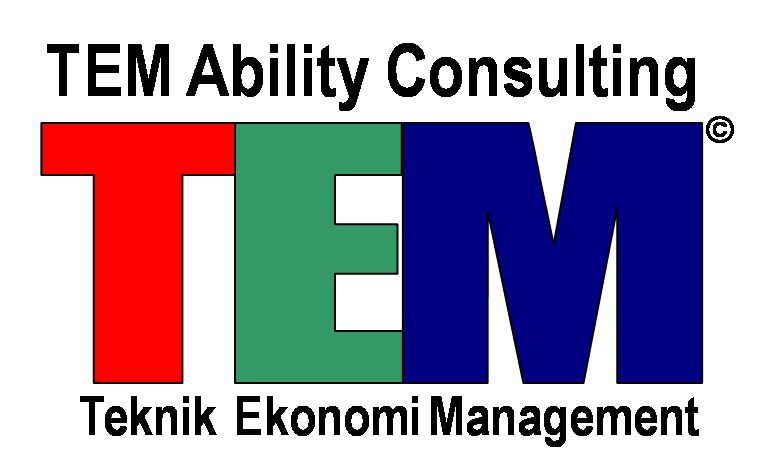|
METHOD

Six Sigma
For good and for bad..!
SIX SIGMA
...For good !
Six Sigma projects follow the methodology inspired by the Plan-Do-Check-Act Cycle.
The methodology has five phases;
ü Define the problem, the voice of the customer, and the project goals, specifically.
ü Measure key aspects of the current process and collect relevant data.
ü Analyze the data to investigate and verify cause-and-effect relationships. Determine what the relationships are, and attempt to ensure that all factors have been considered. Seek out root cause of the defect under investigation.
ü Improve or optimize the current process based upon data analysis using techniques such as design of experiments, or mistake proofing, and standard work to create a new, improved process. Set up pilot runs to establish process capability.
ü Control the future state process to ensure that any deviations from target are corrected before they result in defects. Implement control systems such as statistical process control, production boards, visual workplaces, and continuously monitor the process.
Within the individual phases Six Sigma utilizes many established quality-management tools that are also used outside Six Sigma, such as;
v 5 Whys,
v Business Process Mapping,
v Failure mode and effects analysis (FMEA),
v Cost-benefit analysis,
v Root cause analysis.
...For bad !
"The Six Sigma process can be a killer to the product innovation process. By streamlining the Manufacturing process and create efficiency you get fantastic results on the profitability of existing products, but you will also see a tendency that people are afraid of failure. The lack of freedom, or too strict a process, might be a significant roadblock in terms of Innovation and new products.
Click HERE to read more..
Back
|